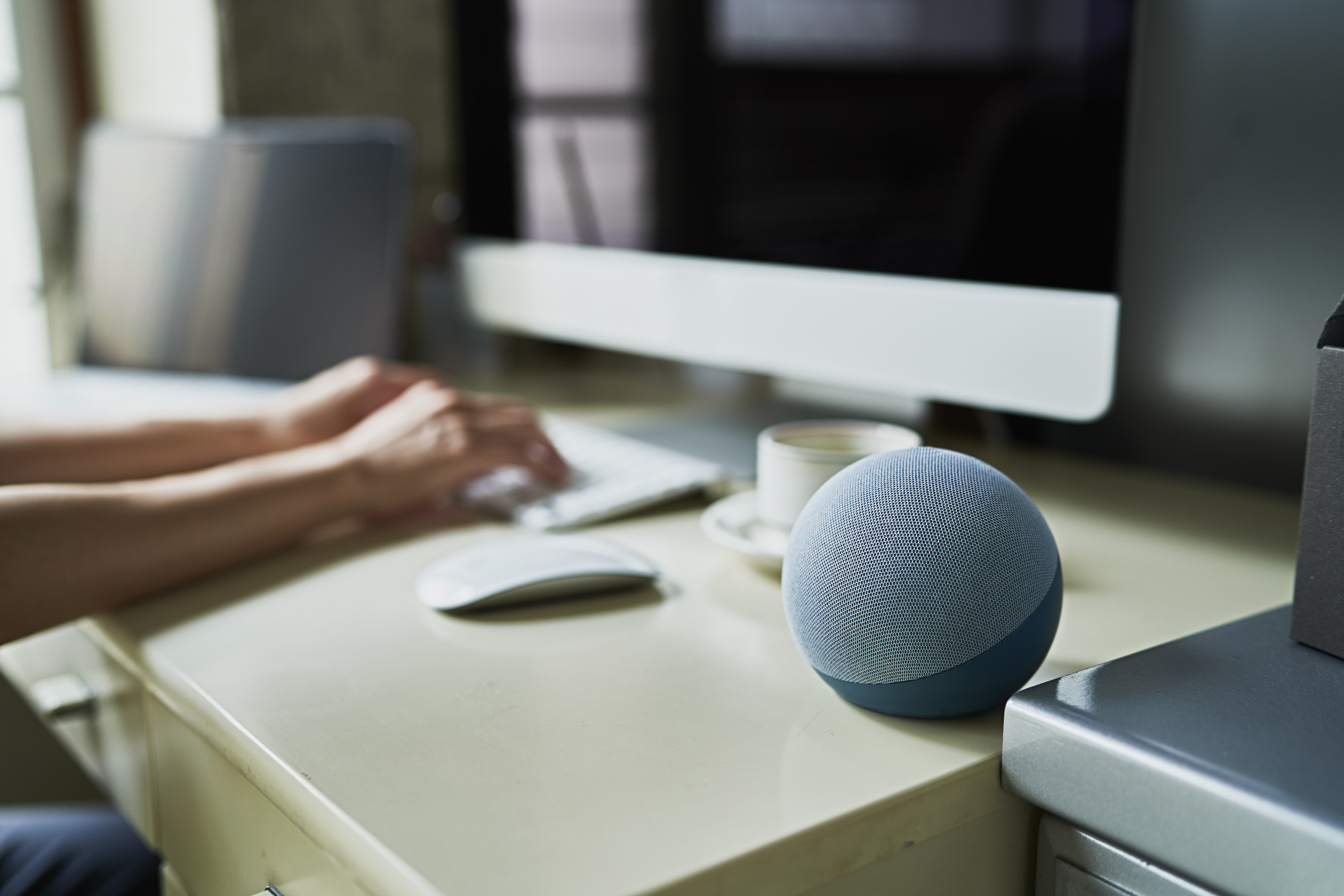Amazon’s revamped Alexa due for release in October ahead of the U.S. holiday season will be powered primarily by Anthropic’s Claude artificial intelligence models, rather than its own AI, five people familiar with the matter told Reuters.
Amazon plans to charge $5 to $10 a month for its new “Remarkable” version of Alexa as it will use powerful generative AI to answer complex queries, while still offering the “Classic” voice assistant for free, Reuters reported in June.
But initial versions of the new Alexa using in-house software simply struggled for words, sometimes taking six or seven seconds to acknowledge a prompt and reply, one of the people said.
That’s why Amazon turned to Claude, an AI chatbot developed by startup Anthropic, as it performed better than the online retail giant’s own AI models, the people said.
Reuters based this story upon interviews with five people with direct knowledge of the Alexa strategy. All declined to be named as they are not authorized to discuss non-public matters.
Alexa, accessed mainly through Amazon televisions and Echo devices, can set timers, play music, act as a central hub for smart home controls and answer one-off questions.
But Amazon’s attempts to convince users to shop through Alexa to generate more revenue have been mostly unsuccessful and the division remains unprofitable.
As a result, senior management has stressed that 2024 is a critical year for Alexa to finally demonstrate it can generate meaningful sales – and the revamped paid version is seen as a way both to do that and keep pace with rivals.
“Amazon uses many different technologies to power Alexa,” a company spokeswoman said in a statement in response to detailed Reuters questions for this story.
“When it comes to machine learning models, we start with those built by Amazon, but we have used, and will continue to use, a variety of different models – including (Amazon AI model) Titan and future Amazon models, as well as those from partners – to build the best experience for customers,” the spokeswoman said.
Anthropic, in which Amazon owns a minority stake, declined to comment for this story.
AI PARTNERSHIPS
Amazon has typically eschewed relying on technology it hasn’t developed in-house so it can ensure it has full control of the user experience, data collection and direct relationships with customers.
But it would not be alone in turning to a partner to improve AI products. Microsoft MSFT.O and Apple AAPL.O, for example, have both struck partnerships with OpenAI to use its ChatGPT to power some of their products.
The release of the Remarkable Alexa, as it is known internally, is expected in October, with a preview of the new service coming during Amazon’s annual devices and services event typically held in September, the people said.
Amazon has not yet said, however, when it plans to hold its showcase event, which will be the first major public appearance of its new devices chief, Panos Panay, who was hired last year to replace long-time executive David Limp.
The wide release in late 2022 of ChatGPT, which gives full-sentence answers almost instantaneously to complicated queries, set off a frenzy of investing and corporate maneuvering to develop better AI software for a variety of functions, including image, video and voice services.
By comparison, Amazon’s decade-old Alexa appeared outmoded, Amazon workers have told Reuters.
While Amazon has a mantra of “working backwards from the customer” to come up with new services, some of the people said that within the Alexa group, the emphasis since last year has instead been on keeping up with competitors in the AI race.
Amazon workers also have expressed skepticism that customers would be willing to pay $60 to $120 per year for a service that’s free today – on top of the $139 many already pay for their Prime memberships.
(Reuters)




















